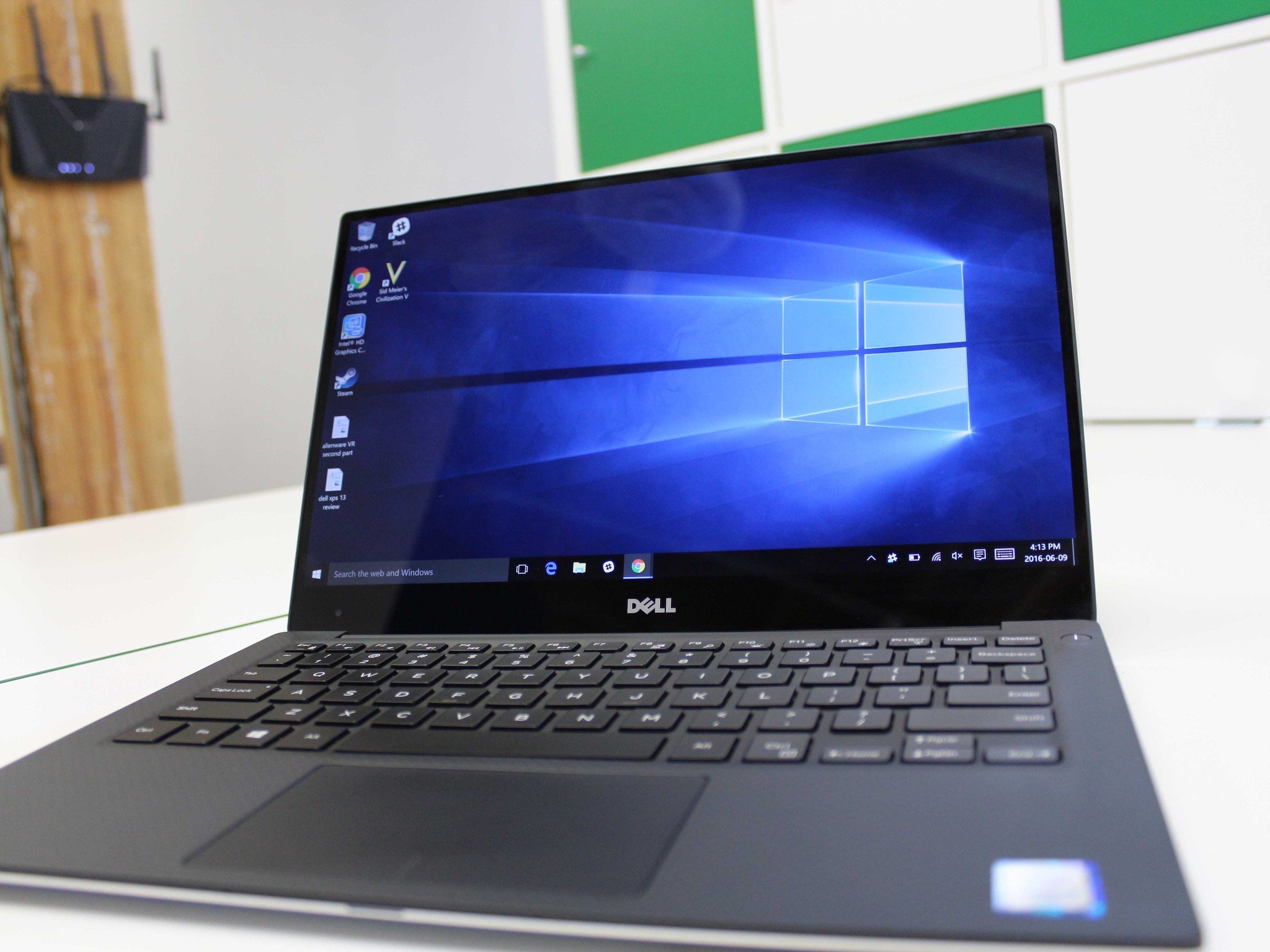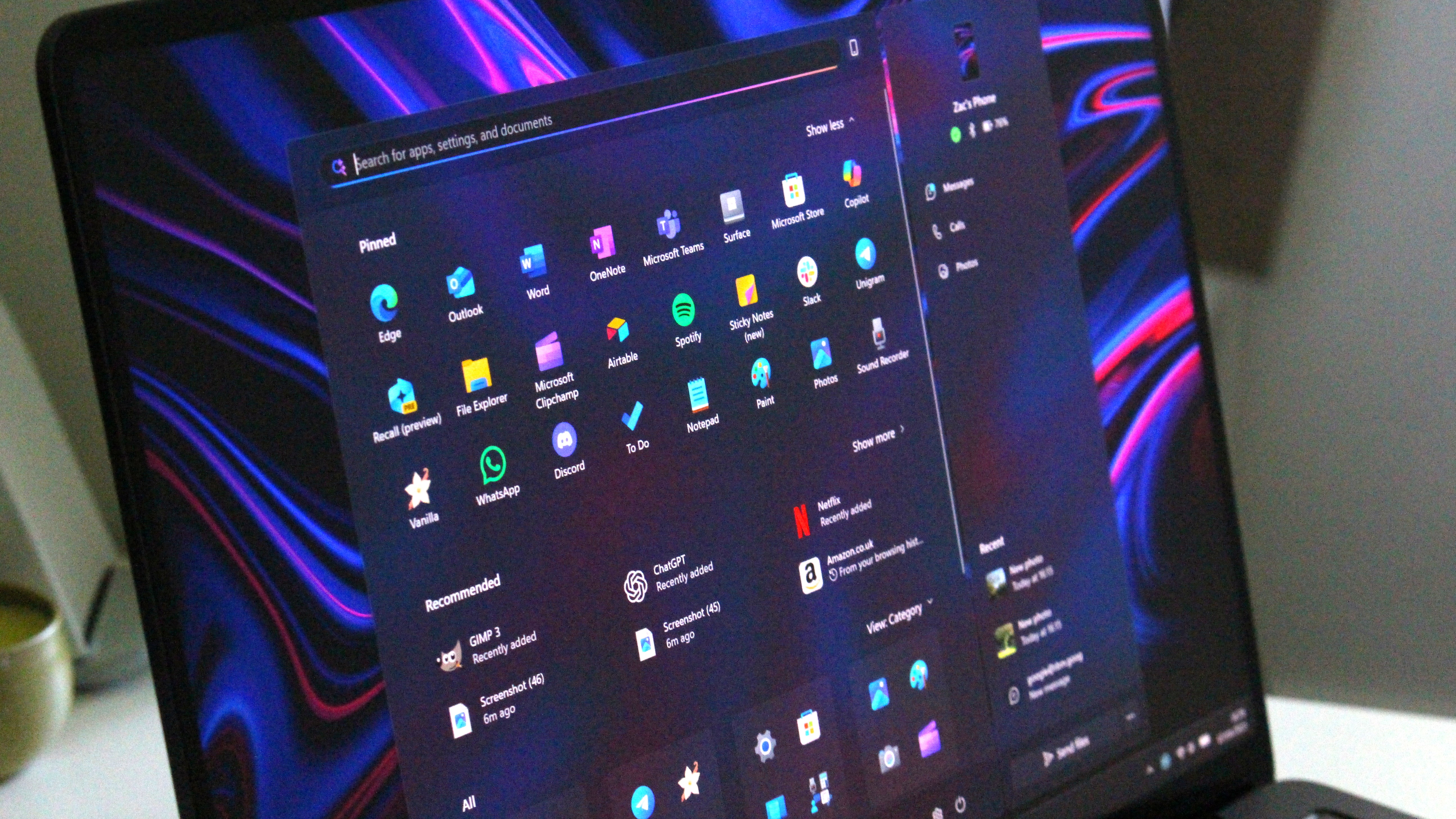2016 marked the fifth straight year of declining PC shipments worldwide

According to the latest numbers from both Gartner and IDC, the continuing slow decline of worldwide PC shipments has just crossed a pretty significant milestone. Specifically, PC shipments worldwide were down by between 5.7% and 6.2% in 2016, making it the fifth consecutive year of declines in the industry.
Gartner and IDC differ slightly on exact numbers because of how each firm counts shipments, but both are in agreement on the overall decline. For its part, Gartner posits that the PC market will continue to stagnate, but growth opportunities within the market present themselves in business, gaming and the "engaged PC user market." IDC, on the other hand, says that it expects "market stabilization, and even some recovery" as contraction starts to ease.
The total number of shipments for 2016 hovered somewhere between 260 and 270 million units, depending on whether you go with Gartner's or IDC's numbers. Of those, Lenovo, HP, and Dell took the top 3 vendor spots, respectively. Curiously, while the whole of the market was down for 2016, each of the top 3 vendors saw slight growth in the 4th quarter compared to the same period a year ago.
For more, be sure to check out the full reports from Gartner and IDC.
All the latest news, reviews, and guides for Windows and Xbox diehards.

Dan Thorp-Lancaster is the former Editor-in-Chief of Windows Central. He began working with Windows Central, Android Central, and iMore as a news writer in 2014 and is obsessed with tech of all sorts. You can follow Dan on Twitter @DthorpL and Instagram @heyitsdtl.
